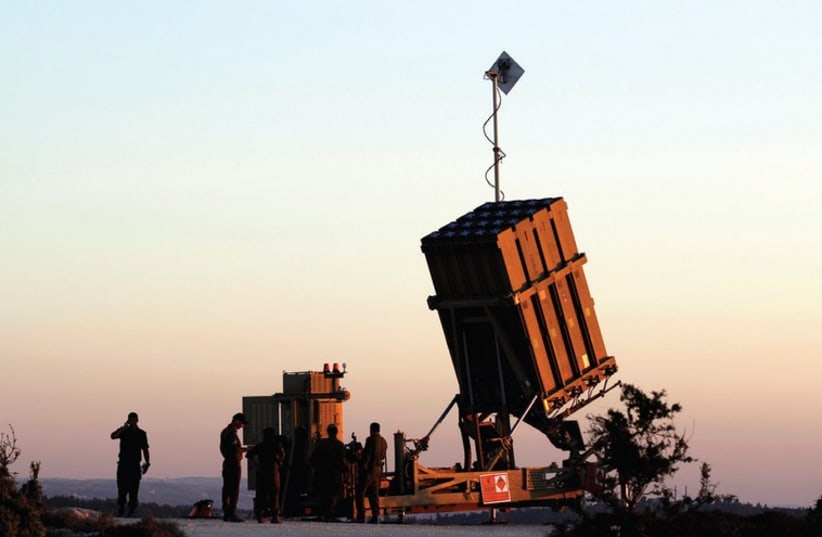WASHINGTON -- Amid negotiations over a decade-long US defense package to Israel that have marginalized the role of Congress, the Senate Appropriations Committee this week recommended a major increase in spending on Israeli missile defense programs– quadrupling a budget line proposed by the Obama administration.
The increase, supported unanimously and across party lines in the committee, proposes $600 million in funding for fiscal year 2017– an increase of $113 million from last year and $454 million over US President Barack Obama's request.
Senators who spearheaded the increase, including Senators Thad Cochran (R-Mississippi), Mark Kirk (R-Illinois) and Kirsten Gillibrand (D-New York), said the program will provide Israel with "better data and technology for the US to use in its own national security programs."
The increased aid is primarily intended to "continue the modernization" of Israel's multi-tiered missile defense systems– already among the most advanced in the world– and funds are apportioned to specific programs. The Senate bill includes a notable increase in support for the David's Sling medium-range program, Israel's newest tier of advanced missile defense.
While $600 million amounts to an increase, it is not unprecedented: After Israel's war with Hamas in Gaza in 2014, Congress approved $620 million in missile defense funding the following year.
It remains unclear if or how action by Congress will affect Israel's negotiations with the Obama administration over a new, 10-year Memorandum of Understanding (MOU), set to replace an expiring one and intended to guarantee Israel's long-term defense and qualitative military edge in the Middle East.
